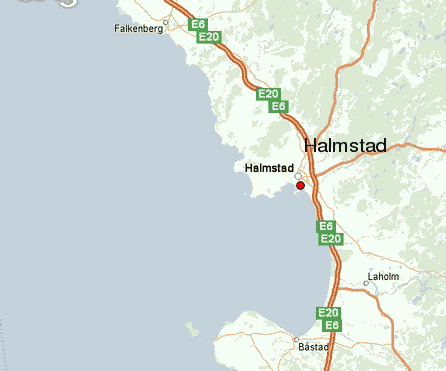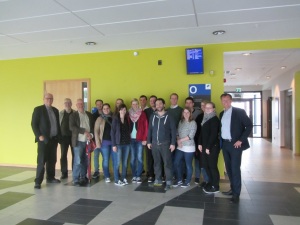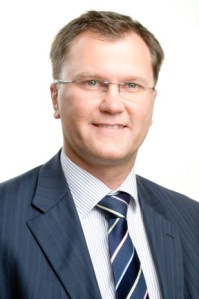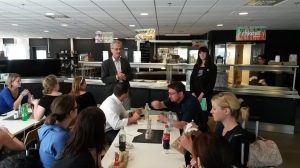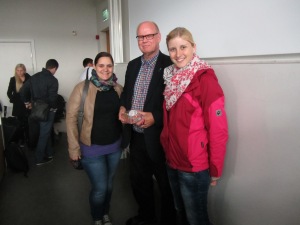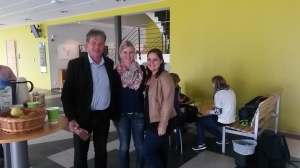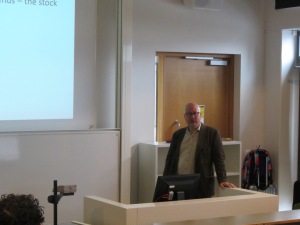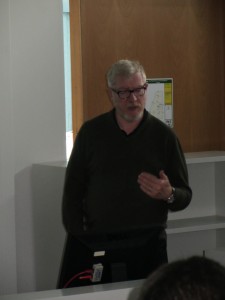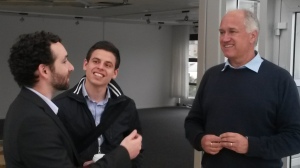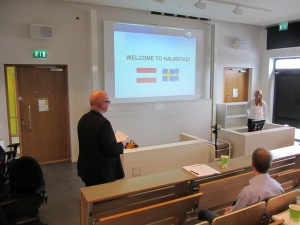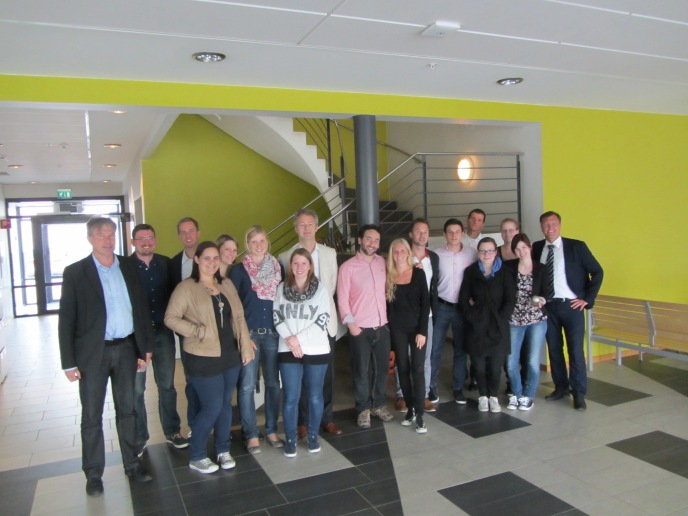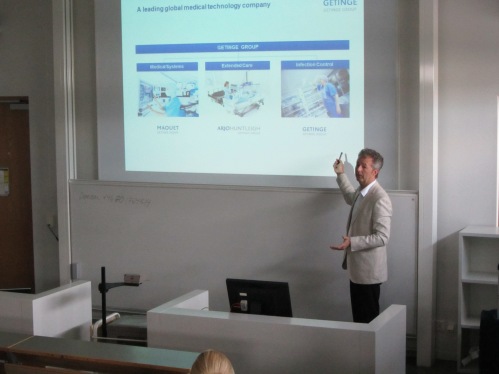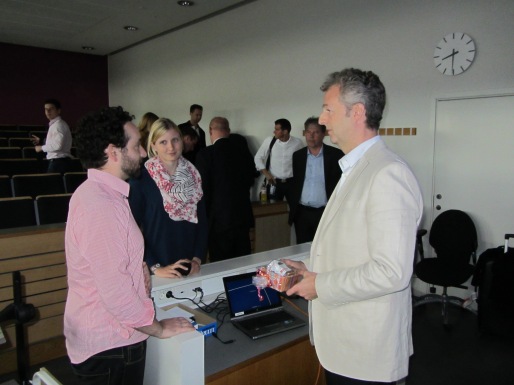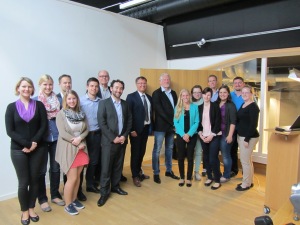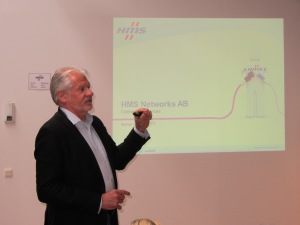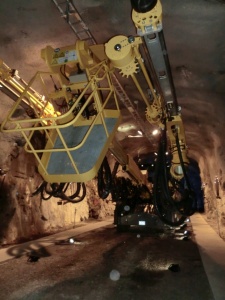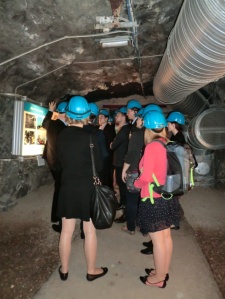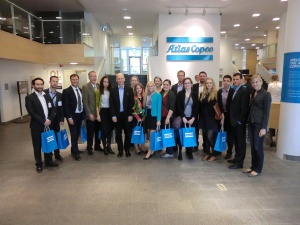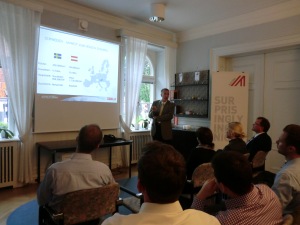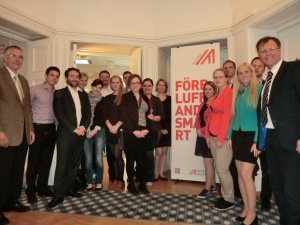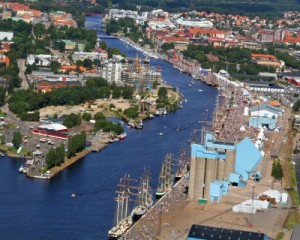Who are we?
We are Master students of “International Business & Export Management” at IMC Krems, University of applied Science in Austria. Our study week in Sweden is part of the module “Corporate Strategies and Internationalization” and aims at bridging theory and practice regarding international and corporate strategies. (~15 participants) The whole venture is hosted and supported by Halmstad University.
We aim at learning and experiencing the Swedish way of doing business
Of course, there is no “golden rule” to become successful on global scale, but our aim is to look behind the curtain and discuss it with management representatives in Sweden.
Thus we met company representatives to discuss their views on respective business models, strategy implementation and personal experience. As we are part-time students and therefore already fully engaged in business, it was be a very fruitful exchange of thoughts.
Some focal points of discussion with scholars of Halmstad University and entrepreneurs and company representatives were as follows:
- To deliberate key success factors and challenges to become and stay successful at a global scale. (how to approach markets and sources, organizational challenges, opportunity recognition, and finally how to survive in the long run)
- How to prepare for the unpredictable? What are major industry trends and how does the companies adapt its strategies and operations?
- How to stay ahead? What are leadership and organizational challenges to keep the pace with the fast changing environment and requirements?
- As a side effect, we would like to learn and better understand the “Swedish DNA” of doing business. Sweden is sometimes recognized as a “supermodel” (The economist). What is it about and what could Austrian companies and managers pic up.
When and where:
We started in Halmstad on the 2nd hosted by University Halmstad and moved to Stockholm on June 4th and 5th to meet Advantage Austria and further companies.
Contact person:
Mag. Gerhard Kormann
Professor, Department International Business & Export Management
IMC Fachhochschule Krems, University of Applied Sciences Krems
Piaristengasse 1, A-3500 Krems, Austria, Europe
T: +43-(0)2732-802-381
M: +43-(0)699-17797755
e-mail: gerhard.kormann@fh-krems.ac.at
